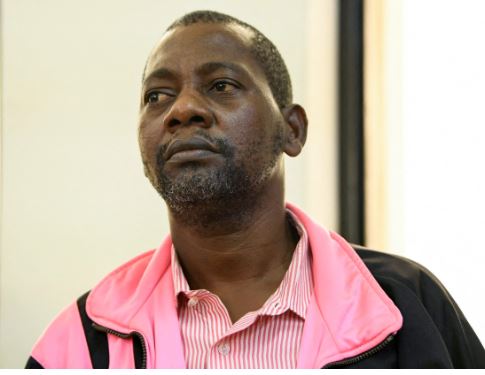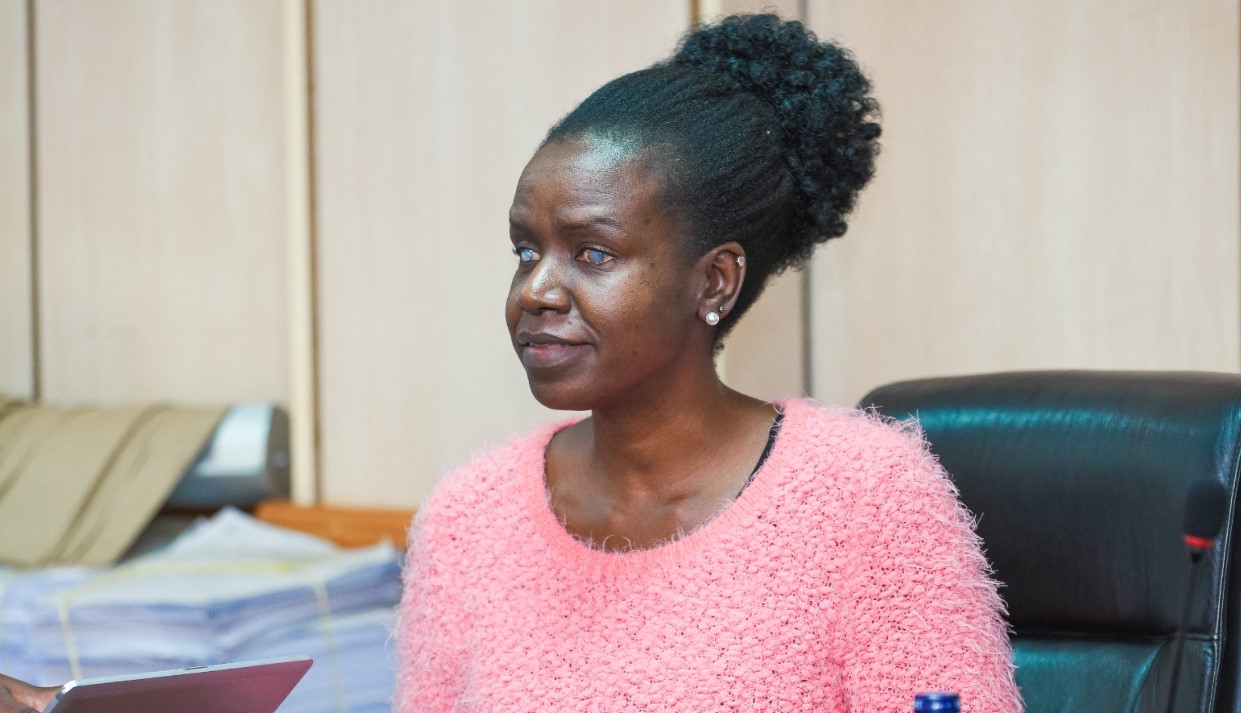Court confirms public notice in pesticide ban petition, allows farmers to join case

The petitioners contend that the continued circulation of these agrochemicals violates key constitutional rights, including the right to life (Article 26), the right to a clean and healthy environment (Article 42).
The Environment and Land Court has confirmed that a public notice inviting affected farmers, workers, and community members to join a petition seeking to outlaw several agrochemicals in Kenya was properly published in a local daily.
The confirmation came in a case filed by the African Centre for Corrective and Preventive Action (ACCPA) and environmental activist Kelvin Mugambi Kubai, who are challenging the continued use and distribution of a range of pesticides they describe as "defective and dangerous".
More To Read
- CS Kagwe orders integrated pest management to save macadamia nuts
- Banned EU pesticides harming Kenyan farmers, report warns
- Kenya pushes for strict pesticide ban across COMESA bloc
- Kenya bans 77 pesticides, restricts 202 in major agrochemical crackdown
- Farmers, activists demand full disclosure on pesticides ban amid health and legal fears
- Over 50 pesticide brands banned as state moves to protect public health
The petitioners want the court to prohibit the importation, sale, and use of chemicals, including glyphosate, paraquat, imidacloprid, clothianidin, fipronil, chlorpyrifos, thiacloprid, thiamethoxam, fenitrothion, malathion, and dinotefuran, arguing that they pose grave risks to human health, the environment, and the country's agricultural exports.
Respondents in the case include several multinational corporations, Monsanto Kenya, Syngenta East Africa, Bayer East Africa, BASF East Africa, and Twiga Chemicals Industries Ltd, alongside the Agrochemicals Association of Kenya and various state agencies such as the Pest Control Products Board (PCPB), Ministry of Agriculture, Ministry of Health, Agriculture and Food Authority, KEPHIS, Council of Governors, Kenya Consumers Protection Advisory Committee, and the Attorney General.
In their pleadings, the petitioners contend that the continued circulation of these agrochemicals violates key constitutional rights, including the right to life (Article 26), the right to a clean and healthy environment (Article 42), and consumer rights to safe goods and adequate information (Article 46).
They further cite international scientific research and regulatory actions, including the International Agency for Research on Cancer's classification of glyphosate as a "probable carcinogen" and the European Union's ban on certain neonicotinoids to protect pollinators, as evidence of the dangers posed by the chemicals.
According to the petition, some Kenyan horticultural exports have allegedly been rejected in international markets over excessive pesticide residues, a situation the petitioners say underscores the urgency of stricter regulation and a shift toward safer, agro-ecological farming methods.
While confirming that the required notice had been published, Justice Grace Kemei said the verification allowed "any farmer, worker, or community member adversely affected by the use of these agrochemicals to formally join the proceedings."
"This case touches on the core of environmental justice and public health," said Kubai outside the court. "It's about protecting our people, our soil, and the integrity of Kenya's food systems."
The matter will be mentioned on February 5, 2026, for further directions.
Top Stories Today

















































